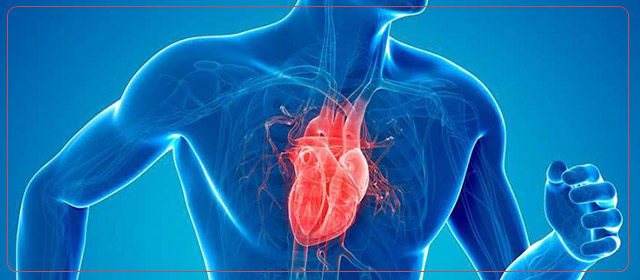March 5, 2015 - after an angiogram to assess the condition of my coronary arteries following a hospital admission 6 days earlier, the cardiologist came to my bedside and said - 'you have 2 arteries that are 95% blocked and one other artery containing 4 blockages' - stenting is too high-risk - you may die on the table - you are a ticking time bomb, your best option is a triple bypass'.
With that, my health odyssey began, from near death to near-perfect health.
Since that day, I had a triple bypass, which ultimately failed and required the high-risk stenting procedure they were trying to avoid.
After 9 months on a cocktail of drugs, including statins, I had so many bad side-effects that I swore to get off of all of them. After extensive reading on how to naturally reduce cholesterol, I decided to become a pesco-lacto-vegetarian and to start exercising more vigorously.
I had read a book called 'The Power of Habit' - charlesduhigg.com/the-power... just before my hospitalization - which convinced me that I could change the lifetime of deleterious dietary and lifestyle habits that eventually caught up with me.
I encourage everyone who is trying to overcome their cardiovascular and cholesterol issues, among other things, and who would like to get on the road to optimal health, to watch the video in the link and read the book.
In October 2016, 10 months after making the commitment to change - I took my last prescription medication and had achieved my optimal weight - 155 lbs.
From 195 lbs, clogged arteries, a poorly functioning heart, lethargy and fatigue as well as risky blood metrics, including high LDL cholesterol, I have modified my diet and lifestyle to the point where I no longer take ANY prescription medications, have lost all of my excess weight (40 lbs), and have obtained near-perfect blood metrics and virtually conquered my cardiovascular disease. Today I play ice-hockey once per week and skate as fast as those half my age - I perform HIIT (high intensity interval training) on a treadmill 3 days per week and resistance training 3 days per week. I walk 15,000 steps per day.
I have modified my diet and have re-introduced animal protein (usually lean chicken breast) for 2 meals per week.
Good health, OPTIMAL health, is a choice - everyone has the power within them to make positive changes. You just need to know 'how'.
First, read the book I recommended. While doing so, start making small incremental changes to your diet and lifestyle once per week. Hold yourself accountable by measuring your daily activity through a device such as a Fitbit, and get a blood test quarterly to measure the impact of your dietary changes.
You can learn what I do daily by reading one of my previous posts:
healthunlocked.com/choleste...
Start today - get off of sugar, and walk for 30 minutes as a starting point.
Good luck to all.
